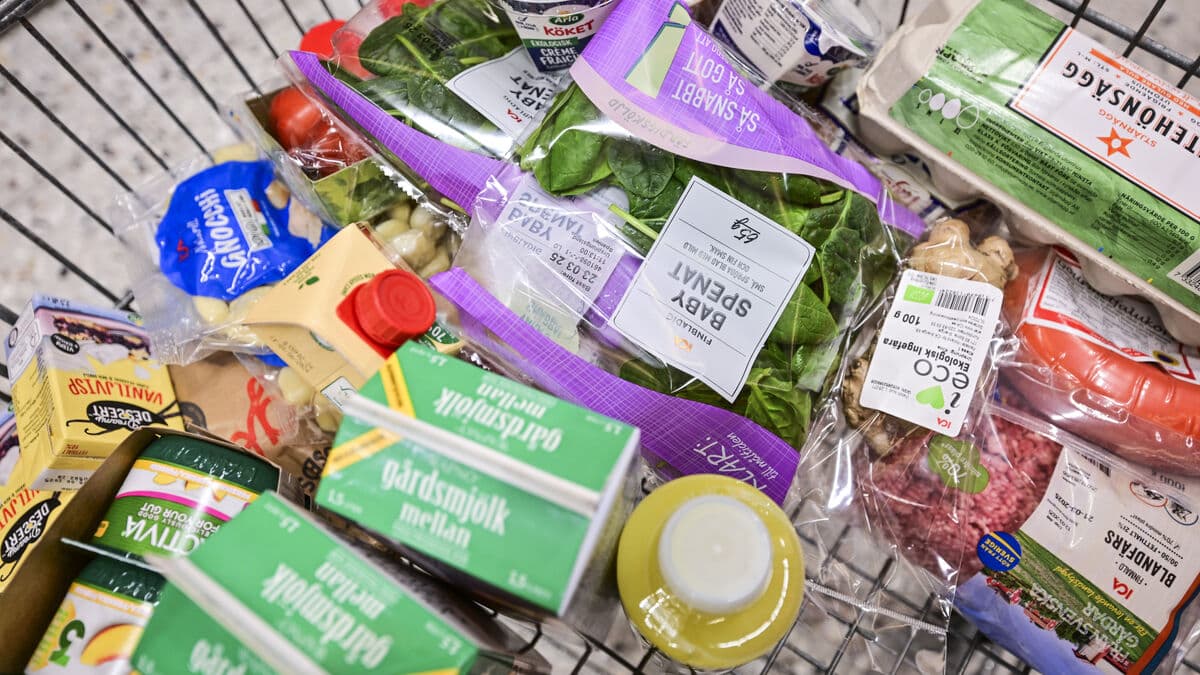The National Institute of Economic Research, which makes forecasts and provides information on economic development to the Ministry of Finance, warns that the reduction may become permanent because it is politically sensitive to raise taxes and thus prices again.
The result is then a permanent hole in the state finances, notes the National Institute of Economic Research and notes that the government expects a loss of tax revenue of 37 billion kronor for the proposed period - from April 1, 2026 to December 31, 2027.
The National Institute of Economic Research also fears that the reduction will come too late, the economy may already be on the rise next year.
They welcome
The proposal is welcomed by LO, the Swedish Trade Union Confederation, pensioners' organization PRO and the food giants' trade organization Svensk Dagligvaruhandel. The lower tax can strengthen households' purchasing power, according to Svensk Dagligvaruhandel.
"But prices in stores are also affected by the development of other costs in the food chain - factors that are beyond the control of stores and Swedish politics," writes the food giants' representative.
More bureaucracy
The Federation of Swedish Farmers (LRF) warns that only a small part of the tax reduction may benefit consumers because inflation, transport costs and exchange rates and a number of other factors can affect prices.
Visita, the trade organization for hotels and restaurants, opposes the proposal as it means that the lower tax on take-out food and food purchased in stores will be reintroduced while the higher tax on cafes and restaurants remains.
The Confederation of Swedish Enterprise lets the Tax Delegation of the Confederation of Swedish Enterprise represent their views. The delegation believes that the government could have supported low-income households and families with children better with targeted grants instead of reduced food tax, which will be difficult to raise again in 2027. And different tax rates mean more, not less, bureaucracy for businesses.






